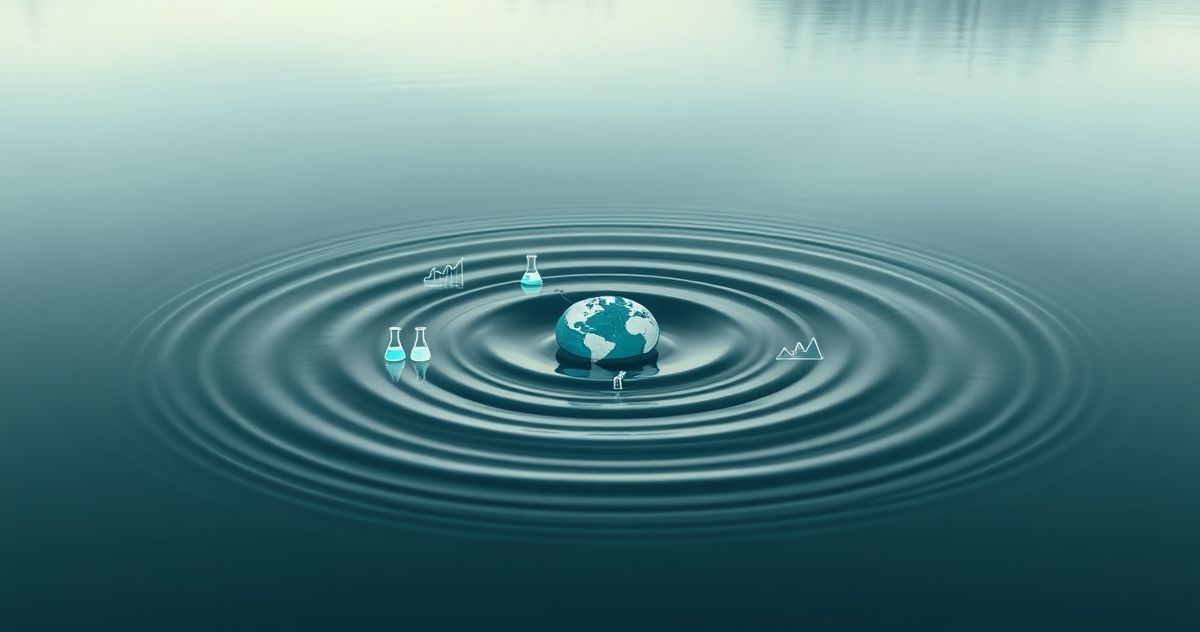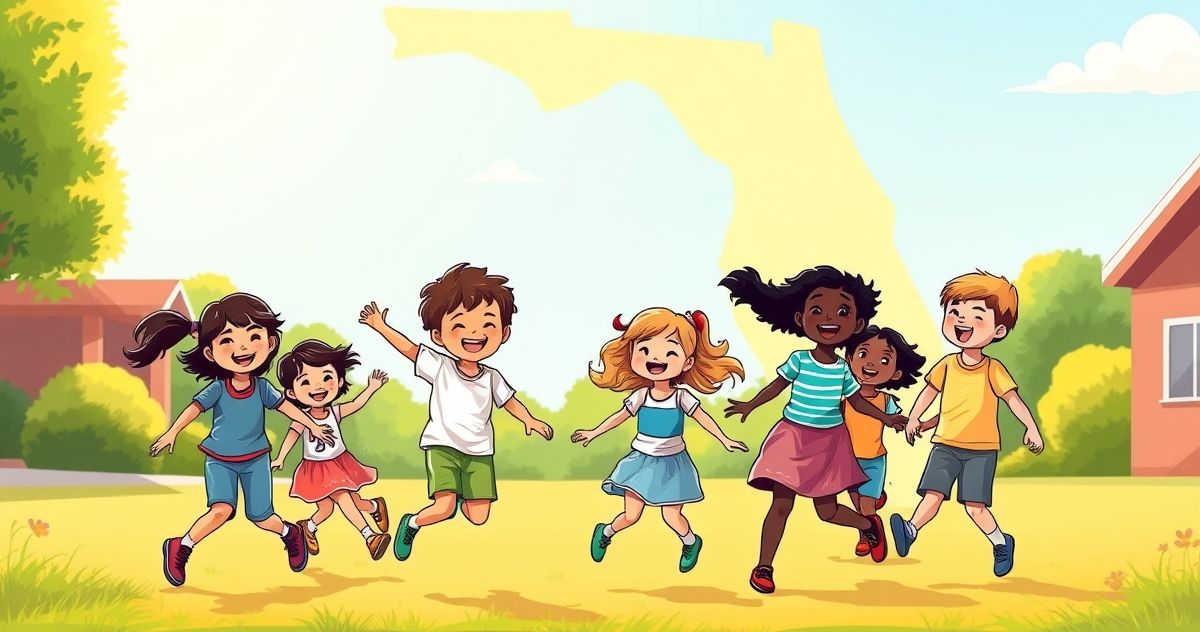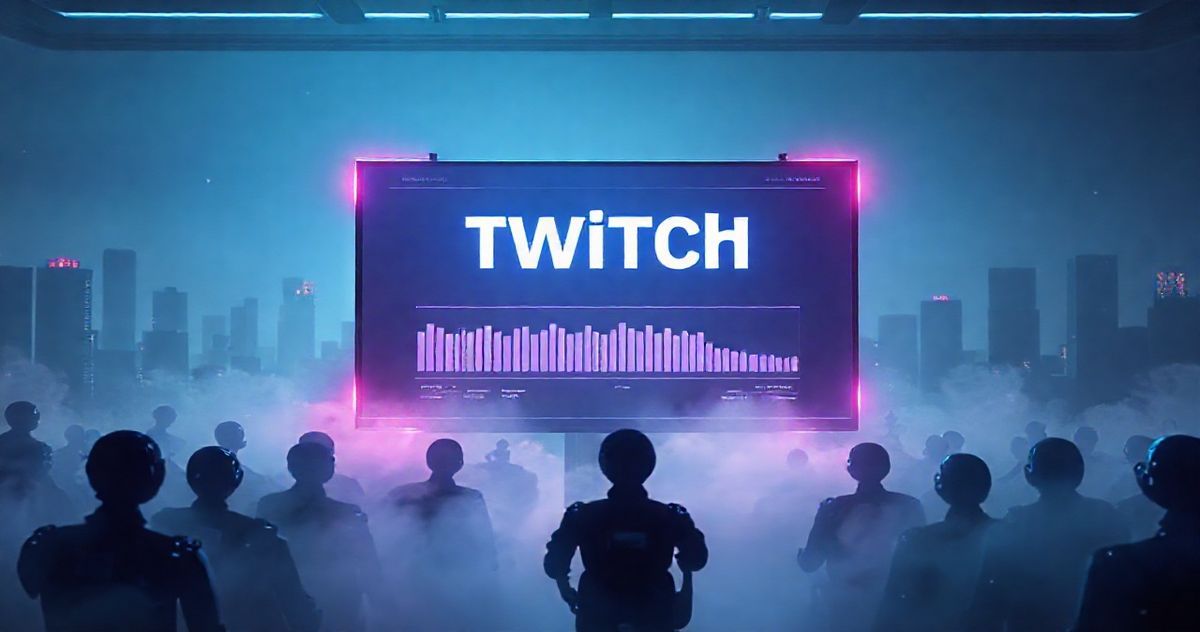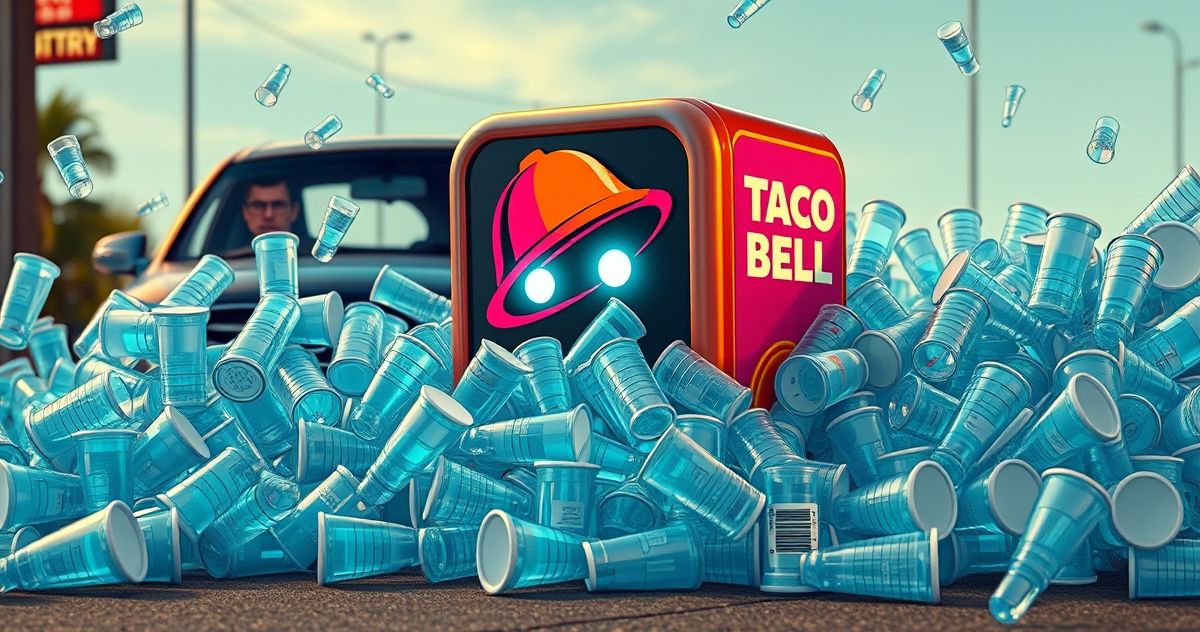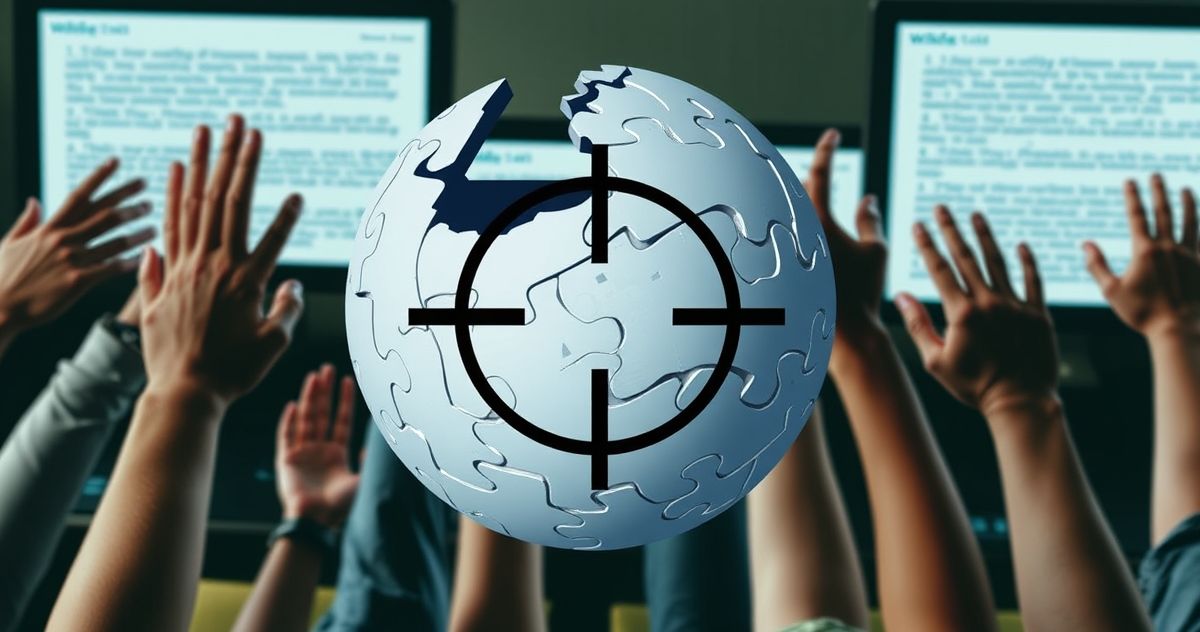Did you ever stop to think about what would *really* happen if a widely used medical intervention suddenly got taken off the table? It’s a big question, and one that’s been floating around a lot lately. We’ve all seen the headlines. Some political figures, like former President Donald Trump and independent candidate Robert F. Kennedy Jr., have reportedly discussed the idea of banning COVID-19 vaccines if they come into office. It sounds dramatic, right? But beyond the sound bites and political sparring, what does that actually mean for everyday life? For you, for me, for our communities, and even for the future of medicine?
This isn’t just a hypothetical thought experiment anymore; it’s a hot topic in political circles. And whether you’re pro-vaccine or vaccine-hesitant, the implications of such a move are pretty huge. It’s not just about a single shot. It’s about the intricate fabric of public health systems, the future trajectory of scientific research, and even our global standing. Let’s peel back the layers and think through what a ban like this could actually look like, and what kind of ripple effects it might have on everything from our local pharmacies to international relations.
The Mechanics of a “Ban”
First things first: what does ‘banning’ a vaccine even mean in a practical sense? It’s not as simple as flipping a switch. A ban could take several forms, each with massive logistical and legal hurdles. It might mean stopping the domestic manufacture and distribution of new doses within the United States. This would require federal agencies like the FDA to revoke emergency use authorizations or full approvals, a highly regulated process based on specific criteria. It could involve government-mandated recalls of existing supplies, though that’s an unprecedented and incredibly costly undertaking given the sheer volume of doses distributed. Perhaps it means disallowing their use in all federal public health programs, including those providing vaccines to vulnerable populations. Or it might focus purely on removing all vaccine mandates, a related but distinct discussion about individual liberty versus collective health. Each option has its own set of challenges and profound consequences, affecting supply chains, healthcare providers, and millions of individuals. We’re talking about a product in hundreds of millions of arms globally. Any change would need incredibly careful handling, planning, and communication. It’s a complex logistical, legal, and ethical puzzle, to say the least.
Ripples Beyond the Shot
Now, let’s talk about the real-world impact. A decision like this doesn’t just stay in a lab or a doctor’s office. It spreads out, creating ripples that affect so many different parts of our lives, often in unexpected ways.
Think about public health infrastructure. What happens to our ability to respond to future outbreaks—not just COVID, but *any* new virus—if a key tool like rapid vaccine development and distribution is gone or restricted? Will other diseases become bigger problems because public health resources shift or trust erodes? What about people who rely on these vaccines for crucial protection, like the elderly or those with weakened immune systems? They’d suddenly have fewer, if any, readily available options for defense.
Then there’s the scientific community and innovation. Years of research, development, and rigorous clinical trials go into bringing a vaccine to market. If a ban happens, how does that affect future medical innovations, not just in vaccinology but across all areas of drug development? Will it make scientists and pharmaceutical companies more hesitant to invest billions in new treatments if they risk a political ban down the line, regardless of scientific efficacy? It could significantly stifle progress and make the US a less attractive place for medical research.
And what about our economy? Healthcare systems would need to adapt to a new landscape of disease management. Pharmaceutical companies would face massive disruptions, potentially leading to job losses and shifts in global manufacturing. There could be significant impacts on international travel and trade, depending on how other countries react and whether they maintain their own vaccine requirements. How would other nations view our approach? It’s a complex web of economic, social, and political domino effects.
Here are some potential areas where we might see big changes:
- **Public Health Strategies:** A shift away from mass vaccination as a primary defense.
- **Disease Surveillance:** How we track and respond to new variants or future pandemics could change.
- **International Relations:** Potential for different health standards between countries, affecting travel and trade.
- **Research & Development:** A chilling effect on investment and innovation in vaccine technology.
- **Economic Impact:** Disruption for pharmaceutical companies, healthcare providers, and potentially other sectors.
I was chatting with my friend, Sarah, the other day. She runs a small consulting business. Remember when vaccine mandates were a thing for travel? She had clients all over the world, and keeping up with different country requirements was already a headache. She told me, ‘If they ban these vaccines here, but other countries still require them, what then? Do I tell my team they just can’t take certain international projects anymore? Or do we figure out some loophole? It’s not just about health; it’s about livelihood.’ She wasn’t taking a side on the vaccine itself, just worrying about the practical mess. It shows how these big policy moves trickle down to everyday business decisions and personal choices. It’s not abstract for people like Sarah.
Navigating Uncharted Waters
This whole discussion highlights just how incredibly interconnected everything is. Our health policies aren’t just isolated decisions. They’re part of a complex web of scientific understanding, economic realities, personal freedoms, ethical considerations, and community well-being. When we talk about banning something as significant and widely adopted as a vaccine administered hundreds of millions of times, we’re undeniably stepping into uncharted territory.
It means we, as a society, need to think critically and deeply. We need to look beyond the immediate headlines and political rhetoric and consider the long-term, systemic consequences of such a move. What are the genuine benefits that proponents anticipate? What are the potential harms, both foreseen and unforeseen, for individuals and for the collective? Who benefits, and who might be put at greater risk? These aren’t easy questions, and there certainly aren’t simple, one-size-fits-all answers. It requires a lot of open discussion, rigorous debate, and a willingness to engage with good information from many different viewpoints. We have to carefully weigh competing values, predict potential outcomes as best we can with the available data, and be prepared for what comes next.
Ultimately, any major shift in health policy is a monumental task. It impacts millions of lives, shapes our future, and sets precedents for how we deal with public health challenges moving forward. The discussion around banning COVID-19 vaccines is more than just political theater. It’s a conversation about what kind of society we want to live in, and how we choose to protect ourselves and each other.
So, if such a ban were to happen, how do you think our society would truly adapt? What would be the biggest change you’d notice in your daily life?
